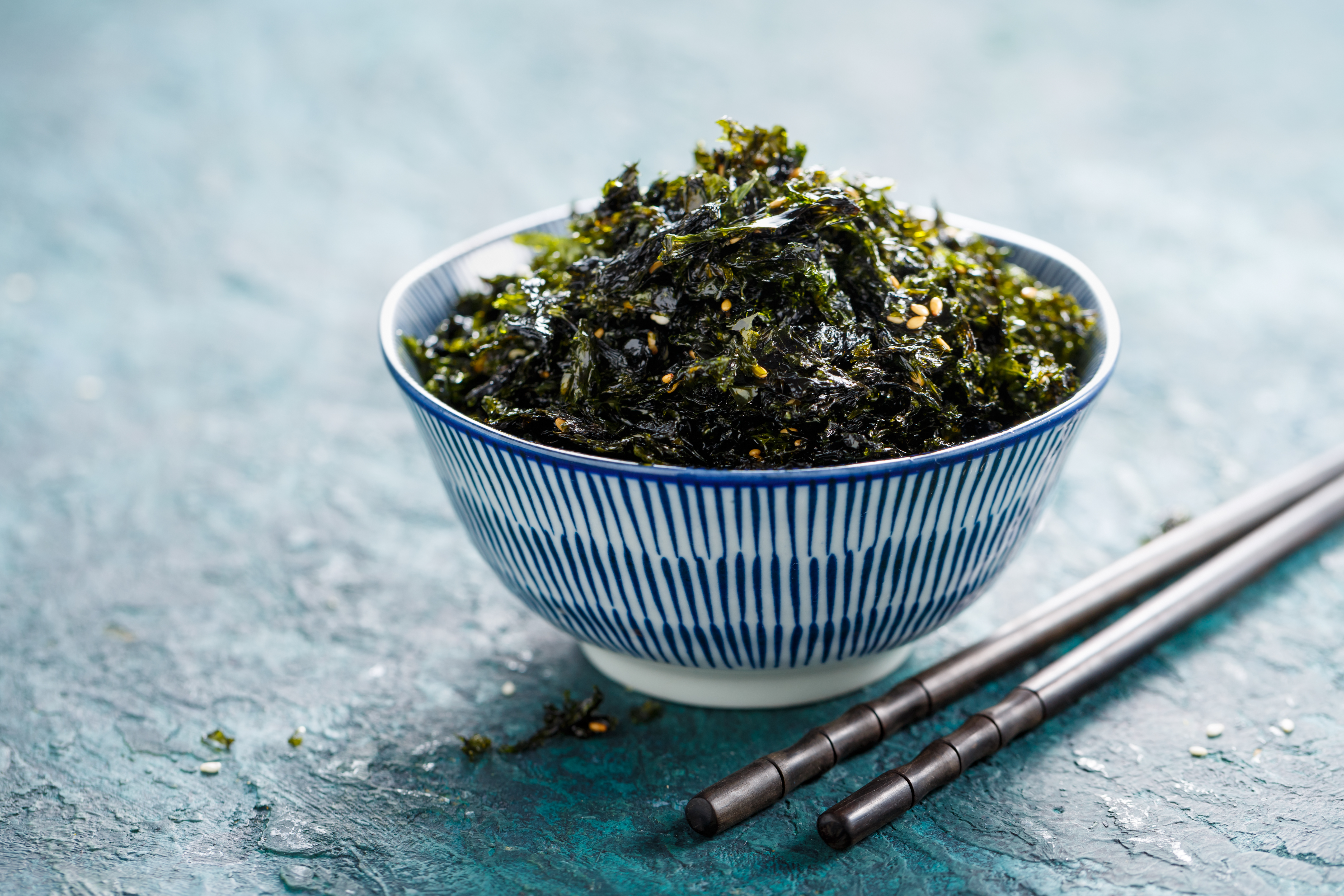11 Weird Foods That Work Wonders for Your Gut Health
In recent years, the importance of gut health has become a focal point in discussions about overall well-being. The gut, often referred to as the "second brain," is a complex ecosystem teeming with trillions of microorganisms that play crucial roles in digestion, immunity, and even mental health. Traditionally, when we think of gut health, we envision probiotics, fiber, and fermented foods. However, the realm of gut wellness has expanded to include a diverse array of foods that might seem unconventional at first glance. This article delves into 11 weird foods that work wonders for your gut health. Each food offers unique benefits, challenging our preconceived notions of what constitutes a gut-friendly diet. As we explore these foods, we will uncover the science behind their benefits and how they contribute to the intricate balance within our digestive systems.
1. Seaweed: The Ocean's Green Gift

Seaweed, a staple in Asian cuisine, is gaining recognition for its gut health benefits. Rich in prebiotics, seaweed provides nourishment for the beneficial bacteria in our gut, promoting a balanced microbiome. Its high fiber content aids in digestion and helps regulate bowel movements, making it a powerful ally against constipation. Moreover, seaweed contains unique polysaccharides that have been shown to enhance the growth of probiotics, further fortifying the gut's defenses. The presence of iodine and other trace minerals in seaweed also supports thyroid health, which is intricately linked to metabolic processes and, by extension, gut health. Incorporating seaweed into your diet can be as simple as adding it to soups, salads, or even smoothies, offering a versatile way to boost gut wellness.
